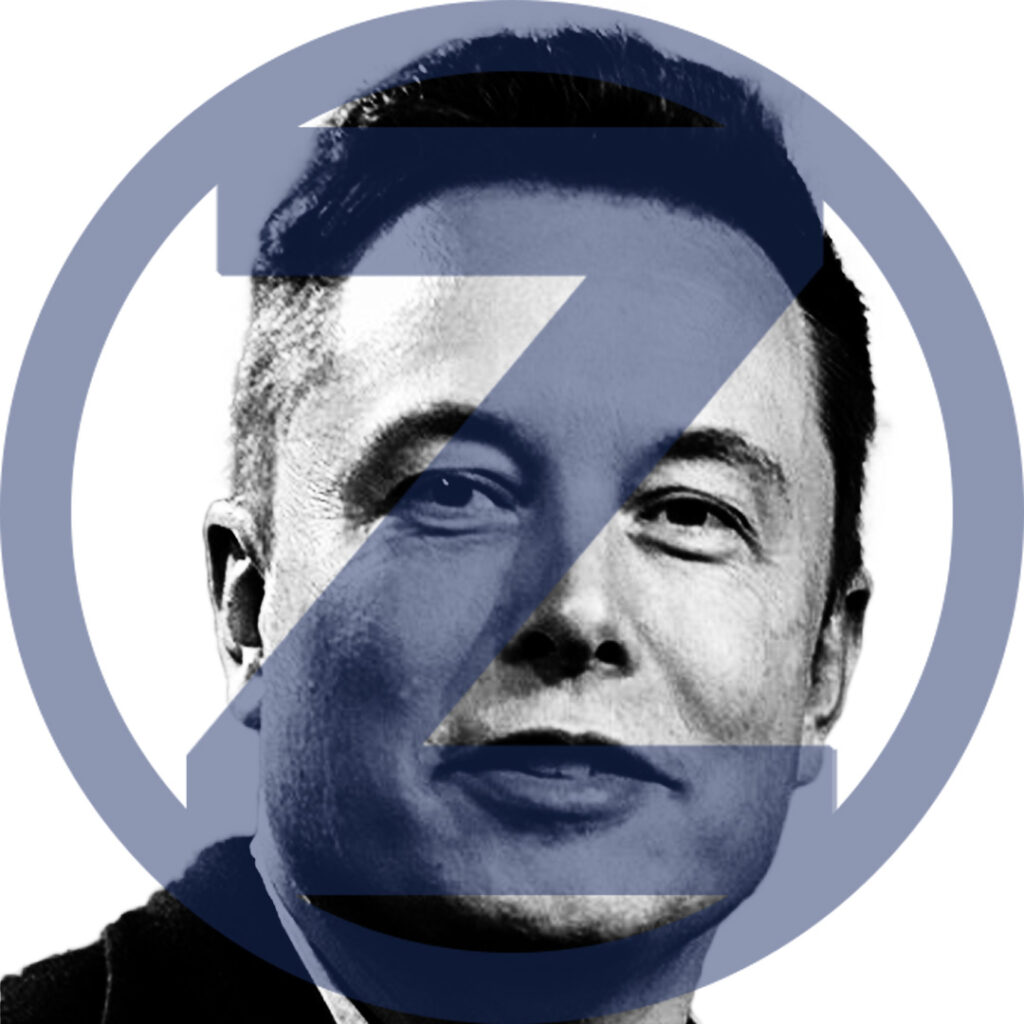Living in a rural area, my family has had to rely on legacy satellite internet for connectivity. We paid more for one of the slowest connections in the country because no other internet option existed. The emergence of Elon Musk’s Starlink in 2019 gave me hope for a new generation of satellite internet — a solution to the systemic and infrastructure issues of internet access and affordability. But, as with many of Musk’s products and services, he overpromised just how revolutionary Starlink could be.
Time after time, we have celebrated Musk’s wins and unprecedented leaps in sustainability. He first broke through into popular consciousness with his founding of PayPal. Several companies later, Musk has more influence in more industries than ever. But as Musk’s empire grows, so does his responsibility and, in turn, our need to hold him accountable.

The discrepancy between collective demand and the access Musk alone governs is nowhere more obvious than in Ukraine’s history with the Starlink service. On February 26, 2022, then Deputy Prime Minister of Ukraine Mykhailo Fedorov tagged Musk in a tweet to call for Starlink support amid Ukraine’s crisis with Russia. Musk announced the Starlink service in Ukraine two days later.
His technology answered the demand for high-speed internet access in remote areas with satellites in low Earth orbit (LEO). Utilizing LEO satellites delivers unprecedented performance in satellite internet and marks a promising, unique form of internet scalable to global capacity. In this digital era, connectivity is power — Musk has the ability to extend that power across the world.
But when Ukraine needed Starlink the most during a surprise attack in Crimea, Musk abruptly cut off internet service. Musk was not under a contract with the US Military then, but the situation raised eyebrows for military officials. Starlink’s sudden unreliability was a reminder of Musk’s power in geopolitical matters, despite his position as a civilian.
He publicly addressed the scope of his influence in a tweet on April 30, 2023: “Between, Tesla, Starlink & Twitter, I may have more real-time global economic data in one head than anyone ever.”
Accessibility isn’t the only concern worth exploring, though. Outside of military and civilian application, some in the scientific community are also worried that Starlink’s increasingly large real estate in orbit could interfere with optical and radio observations, Piero Benvenuti, a representative of the International Astronomical Union, told CNBC. Starlink already makes up a mega constellation of over 4,000 satellites, with a goal of expanding to 42,000. Add in more incoming satellites from rising internet competitors in LEO, and suddenly, there could be a spider web of space junk cluttering the skies.
Starlink’s sustainability commitments are uncertain. Like other small debris, the company’s satellites burn up entirely in the atmosphere after their expiration date, but Benvenuti cautions that little research exists about the long-term consequences of such a method at that great a scale.
These space junk problems should give anyone pause. How much should we complicate space research for commercial convenience? Although Starlink promotes a robust autonomous steering system to avoid crashes and unplanned descents, the rise in LEO traffic from companies worldwide will inevitably come with complications and increased risk for humans during de-orbiting operations and any fallout that follows.
Musk’s overoptimistic pride in his products is nothing new, but the span and danger of it all is. The Tesla Cybertruck delay and a backlog in the company’s manufacturing due to excessive automation are well-known examples of when Musk’s ideas were too good and too soon to be true, but neither soars to the dangerous heights of his decisions in the development of Starlink and, more down to Earth, his mismanagement of “X.”
Since purchasing the company in 2022, Musk has made substantial changes to X (formerly Twitter). He has already incorporated a more relaxed content moderation model and reinstated numerous accounts that were previously banned on the platform. The laissez-faire approach, The New York Times reports, was what Twitter executives previously held before learning that the internet needed more discipline. Musk in effect is reverting progress even as he convinces himself he is the progress.
In his quest to protect freedom of speech in cases even our courts have limited, Musk has supposedly shooed away false information. On December 2, 2023, Musk tweeted, “X is the only platform you can trust for honest information. All the others are bought and paid for.” His praise could not be further from the truth. A recent study on social media disinformation by the European Commission found that X was the platform with the most widespread, deliberate false information.
This past December, Thierry Breton, the European Commissioner for Internal Market, tweeted that the EU is investigating X for its seemingly inadequate transparency and plan for countering illegal content and disinformation.
As old-school gatekeepers and news outlets have lost power, it has become easier than ever to spread false information. Disinformation threatens the quality of very freedom of speech Musk says he favors. By backing away from content moderation, he is sidestepping his responsibility to make X a trustworthy platform.
We must ask ourselves what more Musk can and should do as someone under qualified but overly rich in the very resources we all need to solve world problems. Otherwise, we risk falling into complacency. Let’s not confuse the imagination and drive necessary to create this technology with the nuance to keep it in motion. Products like Musk’s and their underlying issues will shape our future — let’s not let it happen without our say.



